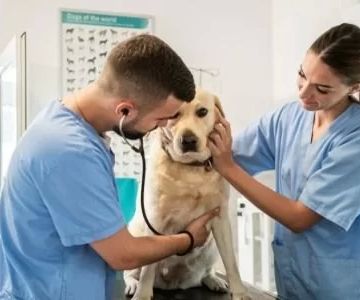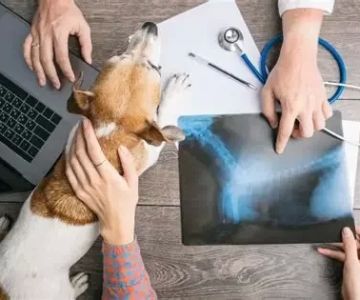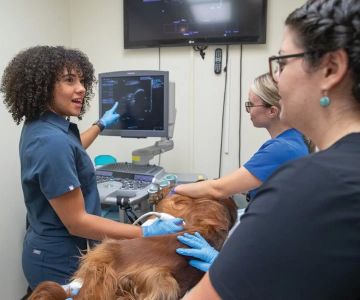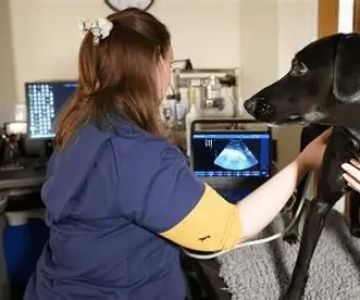- 1 - Essential Pre-Veterinary Classes You Need to Take
- 2 - Understanding the Core Curriculum in Veterinary School
- 3 - Importance of Science and Clinical Skills Courses
- 4 - Real-Life Experience and Case Studies in Veterinary Education
- 5 - Tips for Success and Finding Resources to Become a Veterinarian
1. Essential Pre-Veterinary Classes You Need to Take
Before entering veterinary school, students must complete specific prerequisite classes that lay the foundation for advanced study. Commonly required courses include biology, general and organic chemistry, physics, and mathematics. These subjects develop critical thinking and a strong scientific background vital for veterinary studies.
Additionally, many programs recommend or require courses in animal science, genetics, and biochemistry. These specialized classes prepare students for the complexities of animal health and physiology, giving them an early edge in understanding veterinary medicine.
2. Understanding the Core Curriculum in Veterinary School
Once admitted to veterinary school, students embark on an intensive curriculum that combines classroom learning with hands-on clinical training. Core classes cover anatomy, physiology, pharmacology, pathology, and microbiology—all tailored to a wide range of animal species.
Students also study diagnostic techniques, surgery, and animal behavior, gradually building the skills necessary for patient care. The integration of lectures, labs, and clinical rotations ensures that students not only learn theory but also apply knowledge in real-world scenarios.
3. Importance of Science and Clinical Skills Courses
Veterinary education is unique because it balances rigorous scientific coursework with practical clinical skills. Courses that emphasize hands-on experience—such as small animal medicine, large animal medicine, and emergency care—are crucial for developing confidence and competence.
Science courses provide the analytical framework, while clinical training hones the ability to diagnose, treat, and communicate effectively with pet owners. This blend prepares future veterinarians to handle the diverse challenges they will face in practice.
4. Real-Life Experience and Case Studies in Veterinary Education
A compelling example is the story of a veterinary student who gained invaluable experience by participating in wildlife rehabilitation during school. The case studies encountered during rotations—from routine vaccinations to complex surgeries—enhanced her skills and passion.
These experiences highlight how the classes you need to become a veterinarian are designed not just to teach facts but to develop problem-solving abilities and empathy, which are equally essential in this profession.
5. Tips for Success and Finding Resources to Become a Veterinarian
Success in becoming a veterinarian requires dedication to your coursework and seeking out opportunities beyond the classroom. Volunteering at clinics, networking with professionals, and staying updated with current veterinary research are all beneficial.
For those looking for guidance on the classes you need to become a veterinarian and resources to excel, platforms like Hidden Brook Veterinary provide valuable information and support. Exploring such resources can clarify your educational path and connect you with tools to enhance your journey.
With the right classes and commitment, your dream of becoming a veterinarian is within reach. Embrace each course and experience as a step toward a fulfilling career caring for animals.











